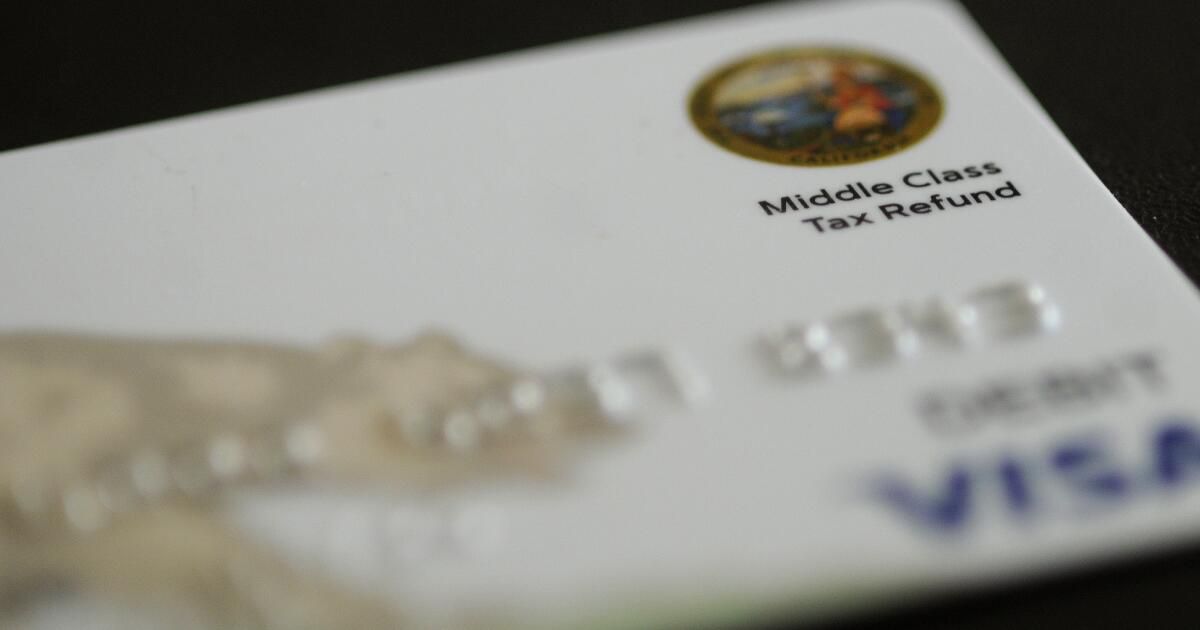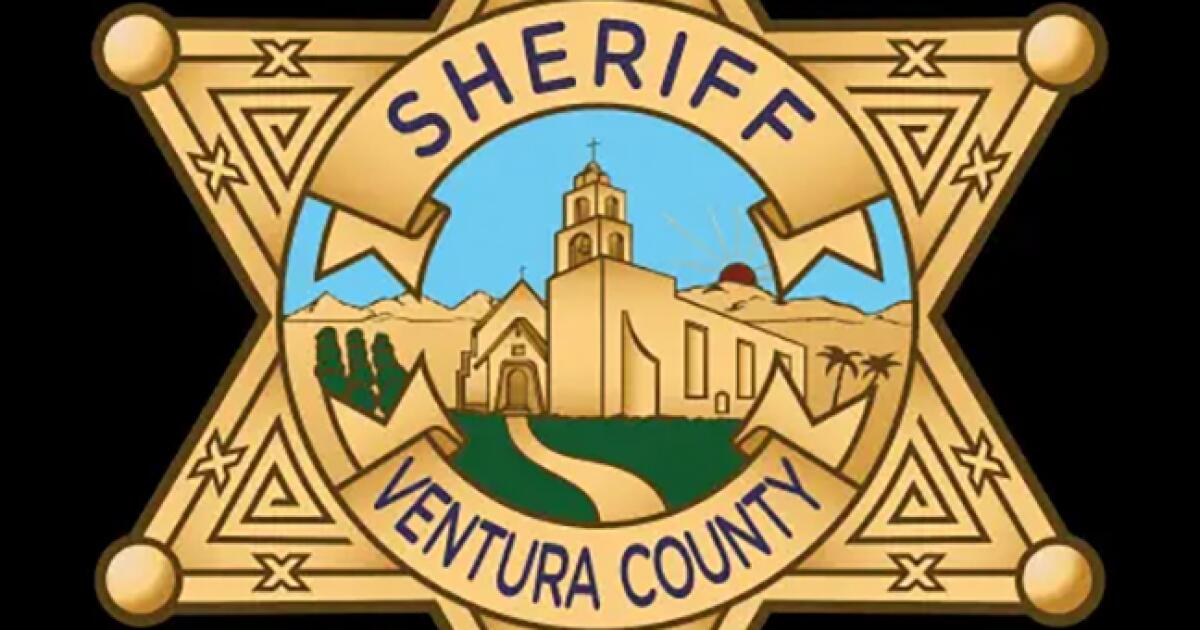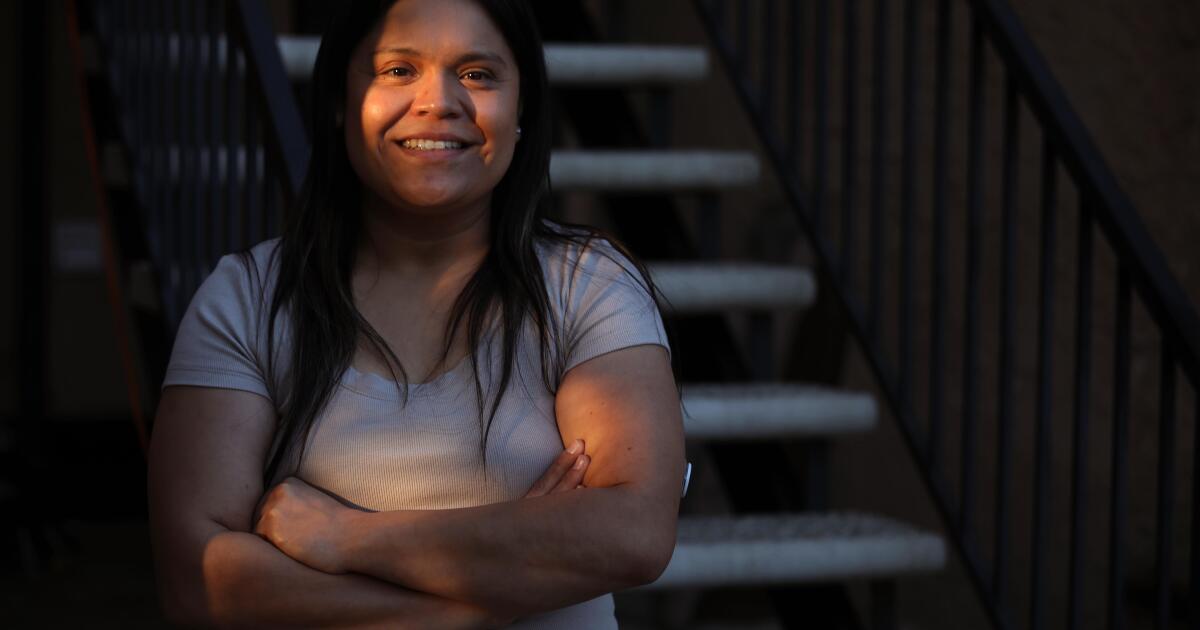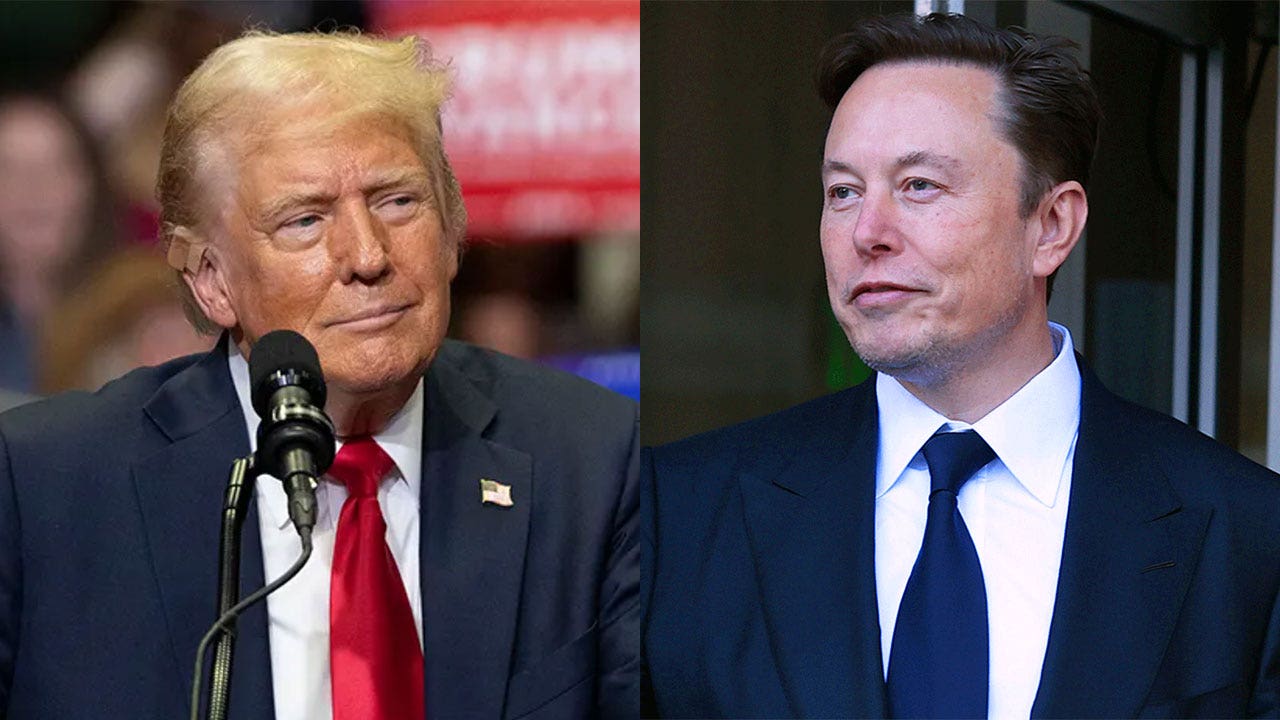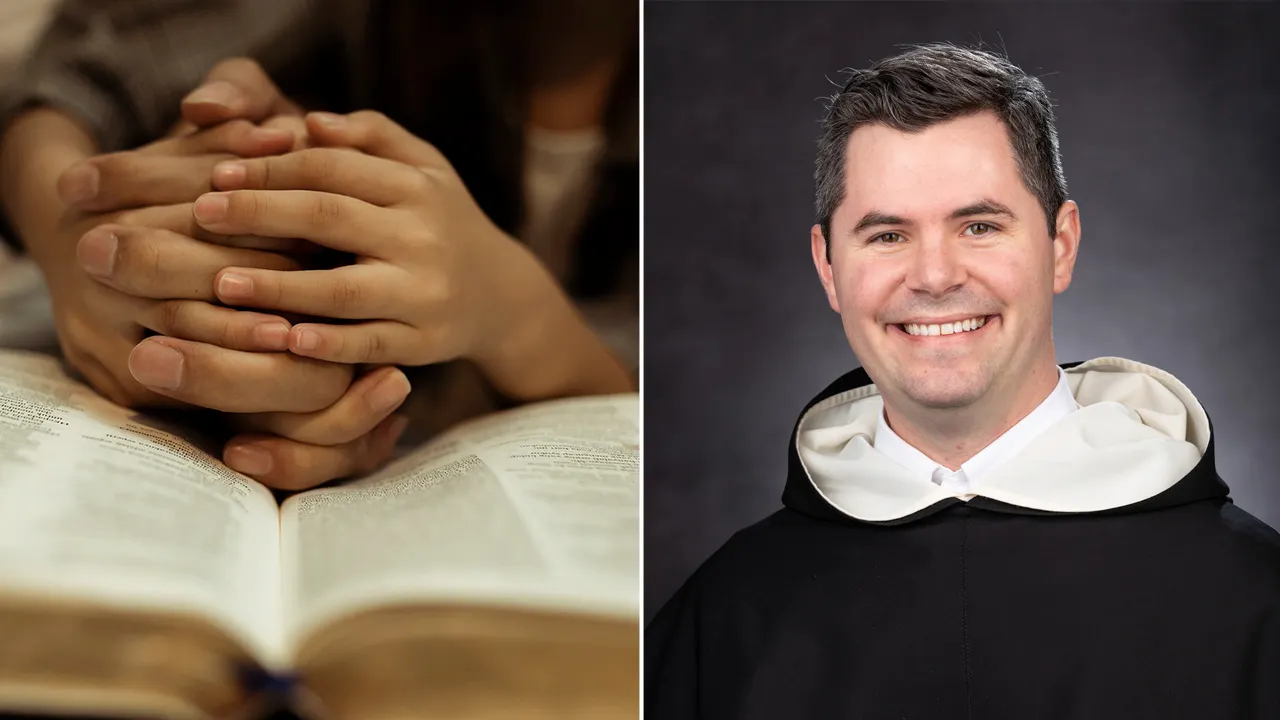Here's a statistic that's hard to understand: More than 600,000 low- to moderate-income Californians haven't touched the free cash the state gave them during the pandemic.
They haven't spent it or saved it for a rainy day. Instead, they've left the money ($200 to $1,050, depending on your income level and tax filing status) on unactivated prepaid debit cards, where it doesn't even earn interest.
The state called the donation a tax refund for the middle class, although, truth be told, it wasn't a refund: It was a subsidy from the state's former budget surplus, ostensibly to offset the high price of gasoline and other goods. If you filed your 2020 state tax return on time, you qualified for a grant as long as your income did not exceed $250,000 (for individuals) or $500,000 (for couples or heads of household).
The Franchise Tax Board awarded the vast majority of grants between October 2022 and February 2023, ultimately awarding $9.2 billion to 16.8 million California taxpayers. The state sent the money directly to the bank accounts of 7.2 million households that had signed up for direct deposit, paying an average of $555, according to the tax board. The other 9.6 million households were supposed to receive their money in the form of prepaid debit cards, raising an average of $542 per household.
Here's the interesting thing. According to the state, more than half of the cards issued still had unspent funds as of April 8. In fact, around 624,000 cards had not even been activated. That's hundreds of millions of dollars locked in plastic that benefit no one.
The FTB said an unspecified number of cards were “pending updated address information,” meaning they could not find the intended recipient. The board did not reveal how many letters were held up because of this problem. It's easy to imagine the state having trouble finding addresses of homeless taxpayers, but those cases can't explain the majority of the 624,000 unactivated cards.
By now you may be wondering if you are one of those taxpayers still waiting to receive a card in the mail. If you filed a 2020 California tax return on time, earned less than the income limits for the middle class tax refund that year, and did not provide your banking information to the FTB (sent money to the FTB or received refunds through checks, not electronically), and you are still a California resident, then you appear to be eligible for a grant.
You would think the tax board would have a list of people who are still missing their prepaid cards, so you might ask if you're on it.
You would be wrong.
Instead, the FTB offers two possible courses of action. “If you have not received your debit card and believe you are eligible, please make sure your address is up to date with FTB,” the board says on its website. “Visit our Middle Class Tax Refund Help page for instructions on how to update your address.”
Alternatively, you can call the contractor that distributes the prepaid cards, Money Network, at (800) 240-0223. To find out if you have been issued a card, you will need to navigate through a series of automated prompts, then enter the last six digits of the Social Security number used on your 2020 tax return, followed by your ZIP code, to see if Money Network has a matching account.
Otherwise, you were not issued a middle class tax refund on a prepaid card. You can then find out if a card has ever been sent to your address and, if necessary, order a new one.
However, you may also discover that your card was issued and all funds were spent. There have been numerous reports of hacked cards and accounts emptied by thieves using physical or electronic tools to steal card numbers, PIN codes, and other identifying information.
Money Network's contract requires it to keep the fraud rate below 1%, but considering the number of cards issued, even 0.5% would mean 48,000 victim households.
Attorney Kevin Kneupper of the Huntington Beach-based law firm Kneupper and Covey filed a class-action lawsuit against Money Network in August on behalf of Californians whose middle-class tax refund cards were hacked or not issued. But in April, U.S. District Judge Kenly Kato dismissed the lawsuit, ruling that individual Californians did not have standing to sue because they were not the intended beneficiaries of the contract between the state and the company.
Kneupper said his company has probably heard from about 100 people who had problems with the cards, and more complaints are coming in every day.
However, you still have a remedy if hackers intercept your card. By law, you have the right to be refunded any unauthorized charges to your card.
FTB and Money Network say that if you suspect your card was used without your authorization, you should call the company at (800) 240-0223 from 8 a.m. to 5 p.m. Pacific Time, Monday through Friday. You'll need to enter the number on your prepaid card and then go through a series of scripts and automated responses to get where you need to go.
To prevent hackers and thieves from accessing your prepaid card, transfer the balance to your bank account, if you have one. You can do this for free through mctrpaid.com, through the Money Network mobile phone app, or by calling (800) 240-0223. Money Network outlines the steps on their FAQ page.
Alternatively, you can sign up for transaction alerts in the Money Net mobile app. That way, you'll be able to quickly know if someone is using your card without your permission. You can use the app to lock the card and prevent money from being withdrawn if you suspect a problem or if you know you won't be using it for a while.

